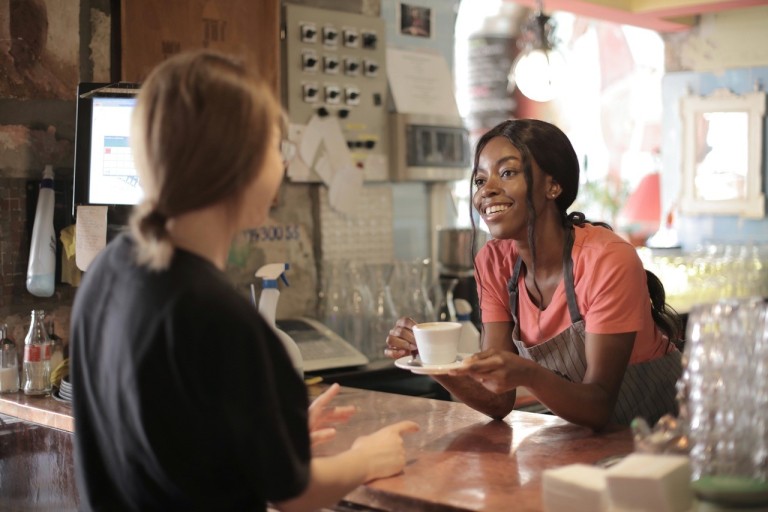- Home
- Research
- Professorships
- leisure and tourism experiences
- commercial friendship in dutch cafes

Commercial Friendship in Dutch Cafés
A typical Dutch café features a bar where guests interact with the bartender, often leading to the development of close relationships over time. These relationships can be highly valuable as they foster customer loyalty through enjoyable interactions and personal connections.
What was the goal of this research?
This PhD project aims to understand how relationships between guests and bartenders begin, develop, and evolve into commercial friendships. The objective is to explore how these relationships progress from casual encounters to close friendships within a commercial setting.
What method was employed?
The research involves studying how pleasurable interactions lead to increased self-disclosure, which in turn fosters feelings of closeness. The project will investigate the delicate balance required for maintaining and enhancing these relationships, examining how the right amount of disclosure can accelerate friendship development. Several studies will be conducted to measure the growth of friendships over time and to explore the emotional outcomes of self-disclosure.
What findings did we uncover?
The project will uncover insights into the optimal level of self-disclosure needed to foster and accelerate the development of close friendships. Understanding these dynamics can help individuals build meaningful connections not only in commercial settings but also in personal relationships, enhancing overall well-being and creating a competitive advantage in various social and professional contexts.
Who are our main collaborating partners?
NHL Stenden university of Applied Sciences